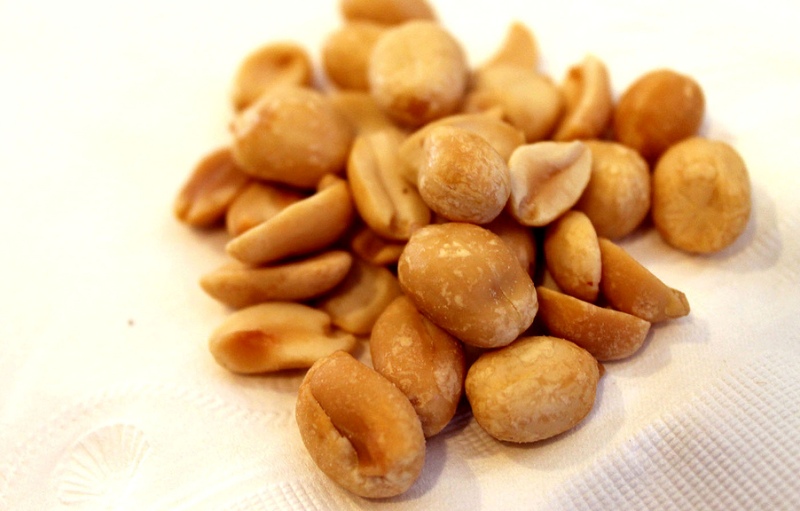-
Tips for becoming a good boxer - November 6, 2020
-
7 expert tips for making your hens night a memorable one - November 6, 2020
-
5 reasons to host your Christmas party on a cruise boat - November 6, 2020
-
What to do when you’re charged with a crime - November 6, 2020
-
Should you get one or multiple dogs? Here’s all you need to know - November 3, 2020
-
A Guide: How to Build Your Very Own Magic Mirror - February 14, 2019
-
Our Top Inspirational Baseball Stars - November 24, 2018
-
Five Tech Tools That Will Help You Turn Your Blog into a Business - November 24, 2018
-
How to Indulge on Vacation without Expanding Your Waist - November 9, 2018
-
5 Strategies for Businesses to Appeal to Today’s Increasingly Mobile-Crazed Customers - November 9, 2018
Could Eating Peanuts As A Baby Prevent Allergies?
Do you let your kids eat peanut products?
Advertisement
“For instance, what are the correct amounts of foods needed to induce tolerance, and what is the age where it is too late to induce tolerance?” said Barry Kay, emeritus professor of allergy and clinical immunology at Imperial College London. Now, a follow-up study found that the allergy protection is sustained even after avoiding the snacks for a year.
Lead author of the new study, Prof Gideon Lack, thinks that the number of people with peanut allergies has risen dramatically in recent years due to a culture of “food fear”.
He also said that popular culture is a significant part that propagates this problem. The same trial discovered that feeding peanuts to babies who are at risk for at least 60 months decreases their risk of developing the allergy.
Lack and his team enrolled over 500 children from the original study – half of whom had been eating peanuts regularly and half not – and instructed all of their caregivers to avoid feeding them peanuts for the 12 months after the initial five-year study period.
This is also reassuring news for stemming what was beginning to look like a peanut allergy epidemic. The study determined an infant’s risk of being allergic to peanuts using an allergy skin test.
The LEAP-ON trial (Persistence of Oral Tolerance to Peanut) has shown that the positive effects of peanut consumption from infancy to 5-years old persisted even after 1 year of peanut avoidance.
“Giving peanuts very early on actually protected them from developing a peanut allergy”, Anthony Fauci, director of the National Institute of Allergy and Infectious Diseases, told NPR’s The Salt.
Food allergies affect around 6% of children in the United Kingdom, with allergies rising for some foods and ingredients, including peanuts and eggs.
To answer this question, the researchers followed more than 500 of the original 640 children for a one-year period of peanut avoidance. Developed in response to cutting edge medical research, it is the only product of its kind now on the market for parents to offer a simple, controlled solution for peanut introduction to babies as young as 5 months, reducing their chances of developing a peanut allergy. Only 4.8 percent of the children who had regularly consumed peanut-containing foods during LEAP were allergic to peanut following the year of peanut avoidance. Infants are considered high-risk for peanut allergies if they have eczema or egg allergies.
“For this high-risk group, waiting longer and longer to eat peanut isn’t good”, Sicherer said.
Assured Bites Inc., a New York-based family health and wellness company focused on food systems, announces the launch of Hello, Peanut!™, the first-ever method for introducing peanuts to infants with the goal of preventing peanut allergies.
“Randomized Trial of Introduction of Allergenic Foods in Breast-Fed Infants.” .
To check peanut avoidance, researchers used a questionnaire and checked for peanut protein in dust samples from participants’ beds.
Advertisement
Researchers worked with babies who had a high risk of allergies, which meant they’d already suffered from eczema or an allergy to eggs.





























